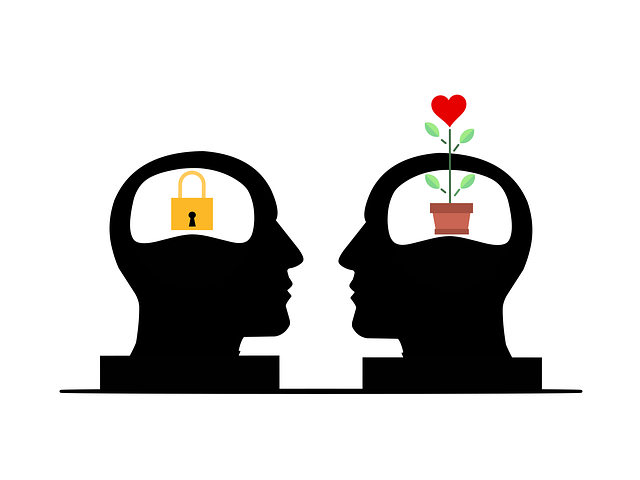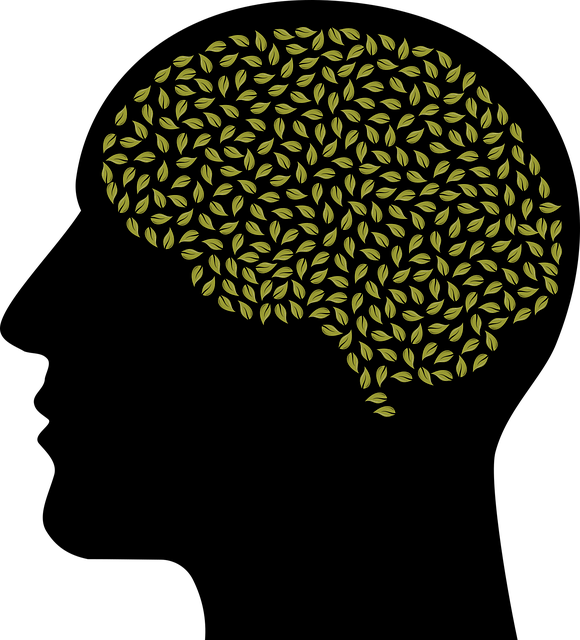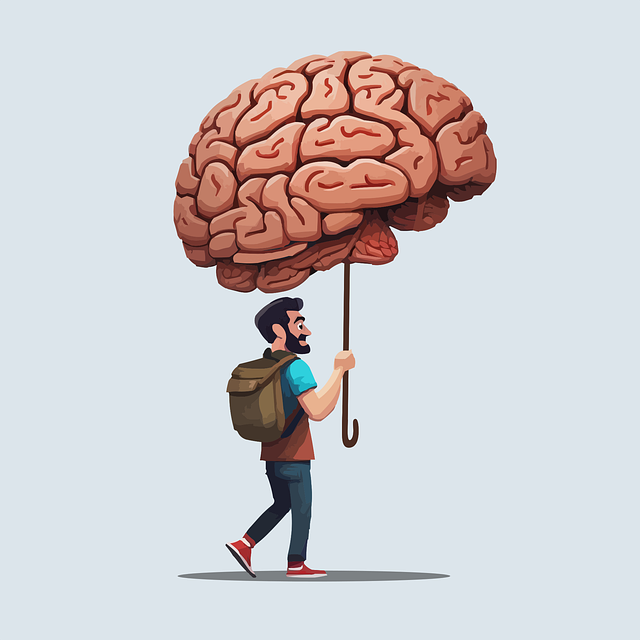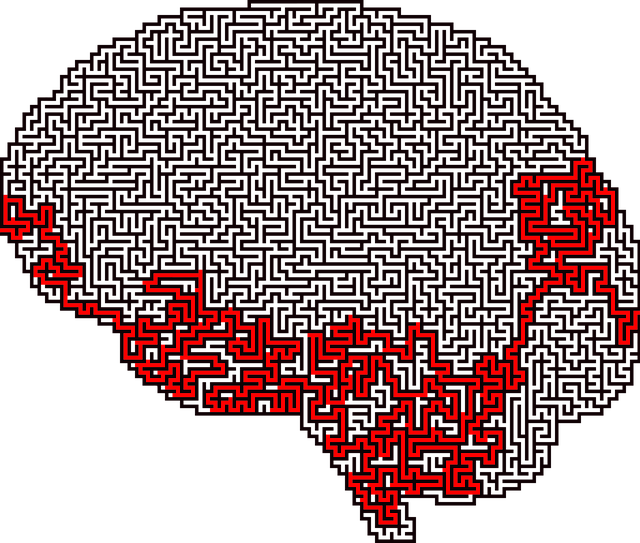Mood regulation is a critical aspect of holistic development for young children with developmental disabilities, who often struggle with emotional expression and management due to their unique challenges. Effective therapy includes tailored strategies like Conflict Resolution Techniques and positive thinking exercises, along with evidence-based practices such as Cognitive Behavioral Therapy (CBT) and Play Therapy. Cultural Competency Training ensures culturally sensitive care. Parents and caregivers play a vital role in teaching mood regulation at home through consistent routines, calming activities, open communication, and collaboration with healthcare providers to integrate therapeutic techniques suited to each child's needs.
Mood regulation is a critical skill for young children with developmental disabilities to master. This comprehensive article explores effective strategies to support these children in managing their emotions, focusing on therapy approaches and practical tips for parents. By understanding common challenges in mood management, we can implement evidence-based techniques that foster emotional well-being. From cognitive behavior therapy to mindfulness practices, these methods offer a roadmap to help young individuals with developmental disabilities navigate and regulate their moods successfully.
- Understanding Mood Regulation for Young Children with Developmental Disabilities
- Common Challenges in Mood Management for This Population
- Evidence-Based Therapy Approaches for Effective Mood Regulation
- Practical Strategies for Parents and Caregivers at Home
Understanding Mood Regulation for Young Children with Developmental Disabilities

Understanding Mood regulation for Young Children with Developmental Disabilities is a critical aspect of their overall development and well-being. These young individuals often face unique challenges in processing and expressing emotions due to their condition, making it essential for healthcare providers to be equipped with specialized strategies. Therapy plays a pivotal role here, focusing on teaching children adaptive behaviors to manage their moods effectively.
Through tailored interventions, professionals can enhance these children’s ability to recognize and respond to emotional states. This involves incorporating evidence-based practices and techniques such as Conflict Resolution Techniques, which teach them peaceful ways to navigate difficult situations. Moreover, Healthcare Provider Cultural Competency Training is invaluable, ensuring that the support offered is sensitive to the child’s cultural background and unique needs. Effective mood regulation strategies not only improve daily functioning but also contribute to a better quality of life for these young ones by fostering their sense of self-awareness and resilience.
Common Challenges in Mood Management for This Population

Young children with developmental disabilities often face unique challenges when it comes to mood regulation. One significant hurdle is their limited ability to express and understand emotions, which can make it difficult for them to identify and manage their feelings effectively. This is further complicated by the presence of any co-occurring mental health conditions, such as anxiety or depression, which are not uncommon in this population.
Therapy for young children with developmental disabilities should focus on tailored strategies that address these challenges. Positive thinking exercises can be adapted to suit their needs, teaching them simple techniques to recognize and label emotions. Social skills training is another vital tool, helping them interact with peers and adults in a way that promotes emotional well-being and prevents depression. By combining these approaches, therapists can empower young individuals to develop healthy coping mechanisms and navigate their emotional landscape with greater ease.
Evidence-Based Therapy Approaches for Effective Mood Regulation

In the realm of mood regulation strategies, evidence-based therapy approaches have proven highly effective for young children with developmental disabilities. One such approach is Cognitive Behavioral Therapy (CBT), which targets negative thought patterns and behaviors contributing to poor emotional regulation. CBT teaches children coping skills, such as problem-solving techniques and stress management, to better navigate their emotions. This therapy also focuses on building social skills through role-playing scenarios, enhancing the child’s ability to interact with peers and manage social situations effectively.
Another influential method is Play Therapy, utilizing play and creative activities as therapeutic tools. This approach is particularly beneficial for young children who may not yet possess the linguistic capabilities to express their feelings. Healthcare providers skilled in this domain can incorporate art, music, or puppetry into sessions to facilitate emotional understanding and release. Moreover, Cultural Competency Training for healthcare providers plays a vital role in tailoring these therapy methods to suit diverse cultural backgrounds, ensuring that each child receives culturally sensitive and effective Emotional Regulation strategies.
Practical Strategies for Parents and Caregivers at Home

At home, parents and caregivers play a pivotal role in teaching young children with developmental disabilities essential mood regulation strategies. Start by establishing consistent routines; predictability can significantly alleviate anxiety and promote a sense of security. Incorporate calming activities like deep breathing exercises or gentle stretching into daily schedules, offering immediate anxiety relief.
Encourage open communication and create safe spaces for emotional expression. Recognize and validate their feelings, helping them build inner strength as they learn to navigate their emotions. Collaborate with the child’s healthcare provider to integrate therapeutic techniques suitable for their developmental stage. Additionally, consider cultural competency training for healthcare providers to ensure culturally sensitive support tailored to the family’s unique needs.
Mood regulation is a vital skill for young children with developmental disabilities, enabling them to navigate their emotions and interact healthily with their environment. By understanding the unique challenges these children face, we can implement effective evidence-based therapy approaches and practical strategies at home. Through these methods, parents and caregivers play a crucial role in fostering emotional well-being and enhancing the quality of life for these young individuals. With dedicated support, therapy for young children with developmental disabilities can revolutionise their mood management and open doors to a brighter future.














